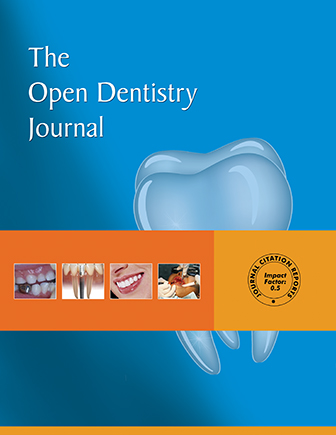Systemic Chemical Desensitization of Peptidergic Sensory Neurons with Resiniferatoxin Inhibits Experimental Periodontitis
Abstract
Background and objective:
The immune system is an important player in the pathophysiology of periodontitis. The brain controls immune responses via neural and hormonal pathways, and brain-neuro-endocrine dysregulation may be a central determinant for pathogenesis. Our current knowledge also emphasizes the central role of sensory nerves. In line with this, we wanted to investigate how desensitization of peptidergic sensory neurons influences the progression of ligature-induced periodontitis, and, furthermore, how selected cytokine and stress hormone responses to Gram-negative bacterial lipopolysaccharide (LPS) stimulation are affected.
Material and methods:
Resiniferatoxin (RTX; 50 μg/kg) or vehicle was injected subcutaneously on days 1, 2, and 3 in stress high responding and periodontitis-susceptible Fischer 344 rats. Periodontitis was induced 2 days thereafter. Progression of the disease was assessed after the ligatures had been in place for 20 days. Two h before decapitation all rats received LPS (150 μg/kg i.p.) to induce a robust immune and stress response.
Results:
Desensitization with RTX significantly reduced bone loss as measured by digital X-rays. LPS provoked a significantly higher increase in serum levels of the pro-inflammatory cytokine tumour necrosis factor (TNF)-α, but lower serum levels of the anti-inflammatory cytokine interleukin (IL)-10 and the stress hormone corticosterone.
Conclusions:
In this model RTX-induced chemical desensitization of sensory peptidergic neurons attenuated ligature-induced periodontitis and promoted a shift towards stronger pro-inflammatory cytokine and weaker stress hormone responses to LPS. The results may partly be explained by the attenuated transmission of immuno-inflammatory signals to the brain. In turn, this may weaken the anti-inflammatory brain-derived pathways.


